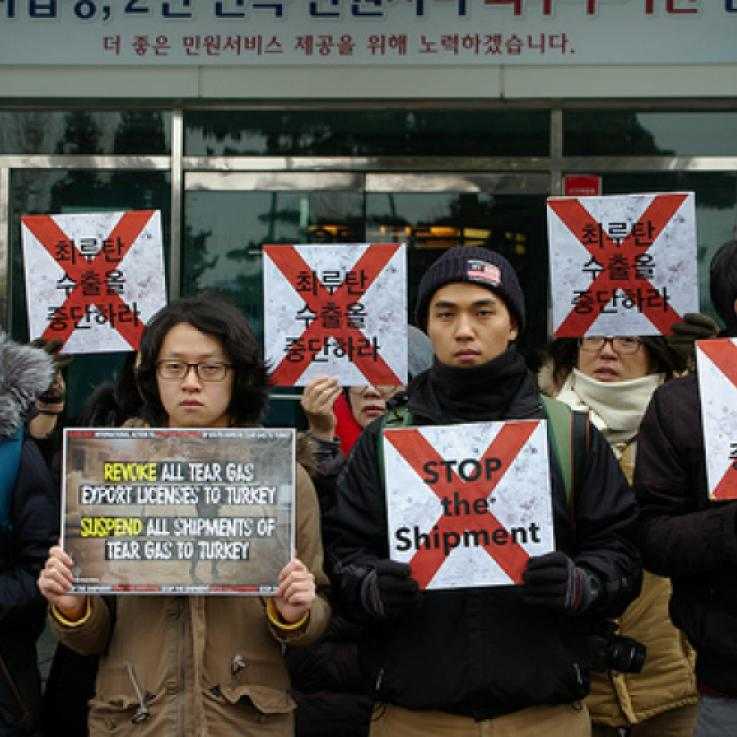Economics is one of the key causes of war - wherever there is a military conflict, someone is profiting from it. We call this "war profiteering".
WRI looks at war profiteering in a broad sense - we consider all companies and initiatives that benefit financially from military conflict as war profiteers, in some sense. This includes the arms trade and companies profiteering for the privatisation and outsourcing of the military, but also those extracting natural resources in conflict zones, financial institutions investing in arms companies, and many others.
WRI publishes a series of war company profiles, and organises events to bring campaigners and researchers together to share strategies against war profiteering.

